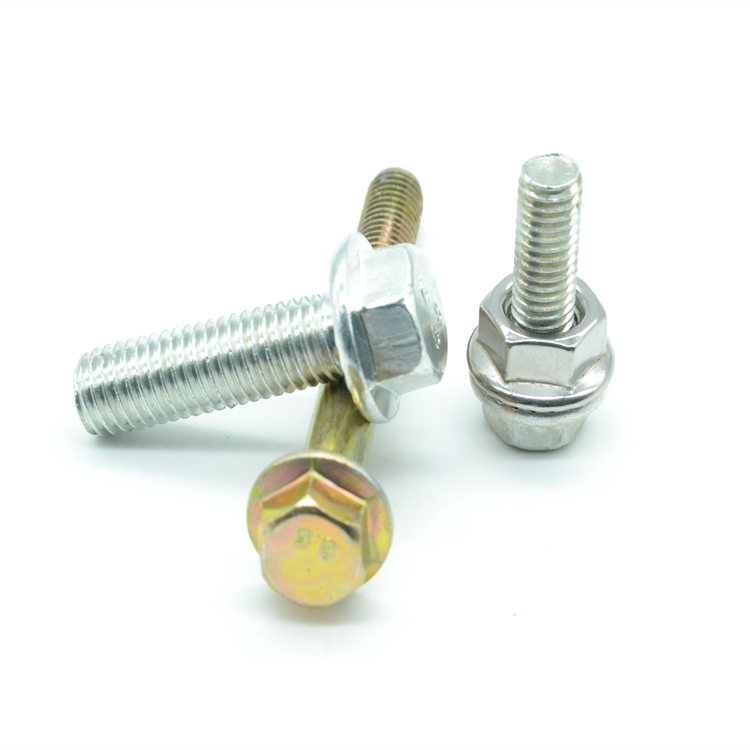wheel cylinder bolts
Nov . 23, 2024 12:55 Back to list
wheel cylinder bolts
Understanding Wheel Cylinder Bolts Their Importance in Automotive Safety
Wheel cylinder bolts play a crucial role in the functionality and safety of an automobile's braking system. These specialized bolts are designed to secure the wheel cylinders in place, ensuring that they operate effectively during braking. The wheel cylinder itself is an essential component of hydraulic drum brakes, allowing the brakes to function smoothly and consistently when pressure is applied.
When a driver presses the brake pedal, hydraulic fluid is pushed through the brake lines to the wheel cylinders, causing the pistons inside to move. This movement forces the brake shoes against the drum, creating the friction necessary to slow down or stop the vehicle. However, this process relies heavily on the integrity of the wheel cylinder bolts. If these bolts become loose, worn, or damaged, it can lead to serious braking issues, including reduced braking efficiency, uneven wear on the brake shoes, and even catastrophic brake failure.
Regular maintenance and inspection of wheel cylinder bolts are essential for ensuring automotive safety. Over time, these bolts can experience wear and tear due to the constant exposure to heat, moisture, and road grime. Mechanics often recommend checking the torque specifications of these bolts during routine brake inspections. A properly torqued bolt prevents vibration and movement, significantly reducing the risk of failure.
wheel cylinder bolts

Moreover, the material and design of wheel cylinder bolts also contribute to their performance and durability. Typically made from high-strength steel, these bolts are engineered to withstand significant stress and temperatures. They should be resistant to corrosion and wear, as environmental factors can significantly impact their lifespan. During replacement or maintenance, it’s advisable to use OEM (Original Equipment Manufacturer) parts or high-quality aftermarket alternatives to ensure reliability.
In addition to regular inspections and maintenance, drivers should be mindful of any signs that could indicate issues with their braking system. Unusual noises, such as grinding or squeaking, or a soft brake pedal can signify problems that may be linked to the wheel cylinders and their associated bolts. Prompt attention to these symptoms can prevent minor issues from escalating into serious safety hazards.
In conclusion, wheel cylinder bolts may seem like a small component in the vast landscape of automotive parts, but their importance cannot be overstated. They are critical to the effectiveness of a vehicle's braking system, ensuring that drivers can stop safely and promptly. By staying informed about their role, performing routine checks, and making timely replacements, both vehicle owners and mechanics can contribute significantly to road safety. Proper attention to these essential components ultimately protects the lives of drivers, passengers, and pedestrians alike.
Latest news
-
High-Quality Panel Stud Bolt Reliable Panel Stud Bolt Factory & Suppliers
NewsJul.08,2025
-
High-Precision Fine Thread Locknuts Manufacturer & Supplier Custom Solutions
NewsJul.08,2025
-
PH Imperial Stud Bolt – High Strength Fasteners from Leading Supplier & Factory
NewsJul.07,2025
-
High-Quality Allen Wrench Bolts Leading Factory, Company & Suppliers
NewsJul.07,2025
-
Wholesale Ball Stud Bolt - High Quality Supplier & Factory Price Reliable Wholesale Ball Stud Bolt Company
NewsJul.06,2025
-
High-Strength Alloy Bolts Manufacturer & Supplier Quality Alloy Fasteners Factory
NewsJul.06,2025
